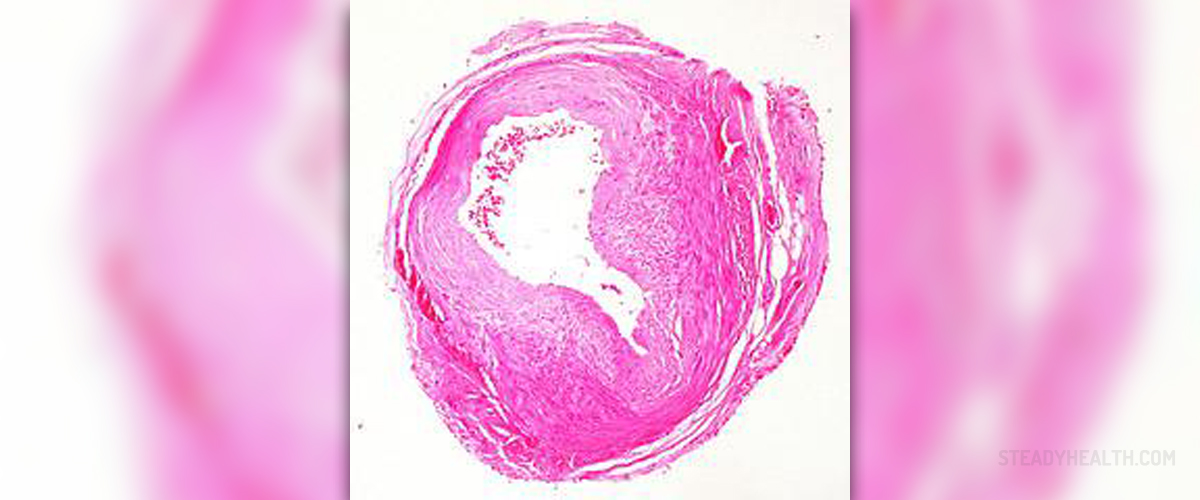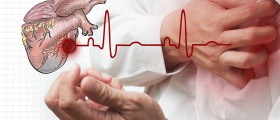
Ischemia is a condition characterized by poor blood supply to a body organ. Ischemia that affects the heart is termed as cardiac ischemia or myocardial ischemia. It develops because of blockage in the heart arteries caused by high blood cholesterol levels. In cardiac ischemia, blood flow and oxygen supply to the heart muscle are restricted leading to damage of the organ. This reduces functional capacity of the heart.
Sudden obstruction in the arteries can lead to myocardial infarction or heart attack. In order to avoid such serious complication, one should be aware of symptoms of ischemia. There are treatment options that can help to promote flow of blood to the heart thus lower the risks of heart attack.
Symptoms of Myocardial Ischemia
Partial or complete blockage of a coronary artery leads to myocardial ischemia. This blockage may occur gradually and at times almost suddenly. Myocardial ischemia may have many causes. Narrowing of the coronary arteries may result out of coronary artery disease (atherosclerosis). This condition is the most common cause of cardiac ischemia and develops due to plaque deposits made of cholesterol. Blood clots can cause sudden cardiac ischemia. Coronary spasm, severe illnesses, infection or bleeding can also lead to myocardial ischemia.
Any condition mentioned above can cause symptoms of myocardial ischemia. However, people usually do not experience any symptoms and this is called silent ischemia. But if cardiac ischemia produces signs and symptoms they include chest pain on the left side of the body, neck and jaw pain, shortness of breath and irregular pulse. The affected individual may also experience shoulder pain, arm pain, nausea and vomiting. Cough, sweaty palms, clammy skin and dizziness are also associated with myocardial ischemia.
Cerebral Ischemia SymptomsDecreased blood flow to brain arteries can lead to cerebral ischemia. Cerebral ischemia is the leading cause of stroke. Cerebral ischemia can be divided into two types, focal ischemia that affects a specific area of the brain and global ischemia that involves a wide area of the brain.
Cerebral ischemia is accompanied by one-sided blindness, weakness on one side of the body, double vision, dizziness, vertigo, slurred speech and loss of coordination.
Intestinal Ischemia Symptoms
Intestinal ischemia occurs due to insufficient blood flow to the intestine. Intestinal ischemia may affect the small intestine, large intestine or both. This is a serous medical problem that may cause intense pain and loss of intestinal function.
Intestinal ischemia causes symptoms such as severe abdominal pain, nausea, vomiting, bloody stool, weight loss, bloating, changes in bowel habits, fever and abdominal distention.
















Your thoughts on this
Loading...